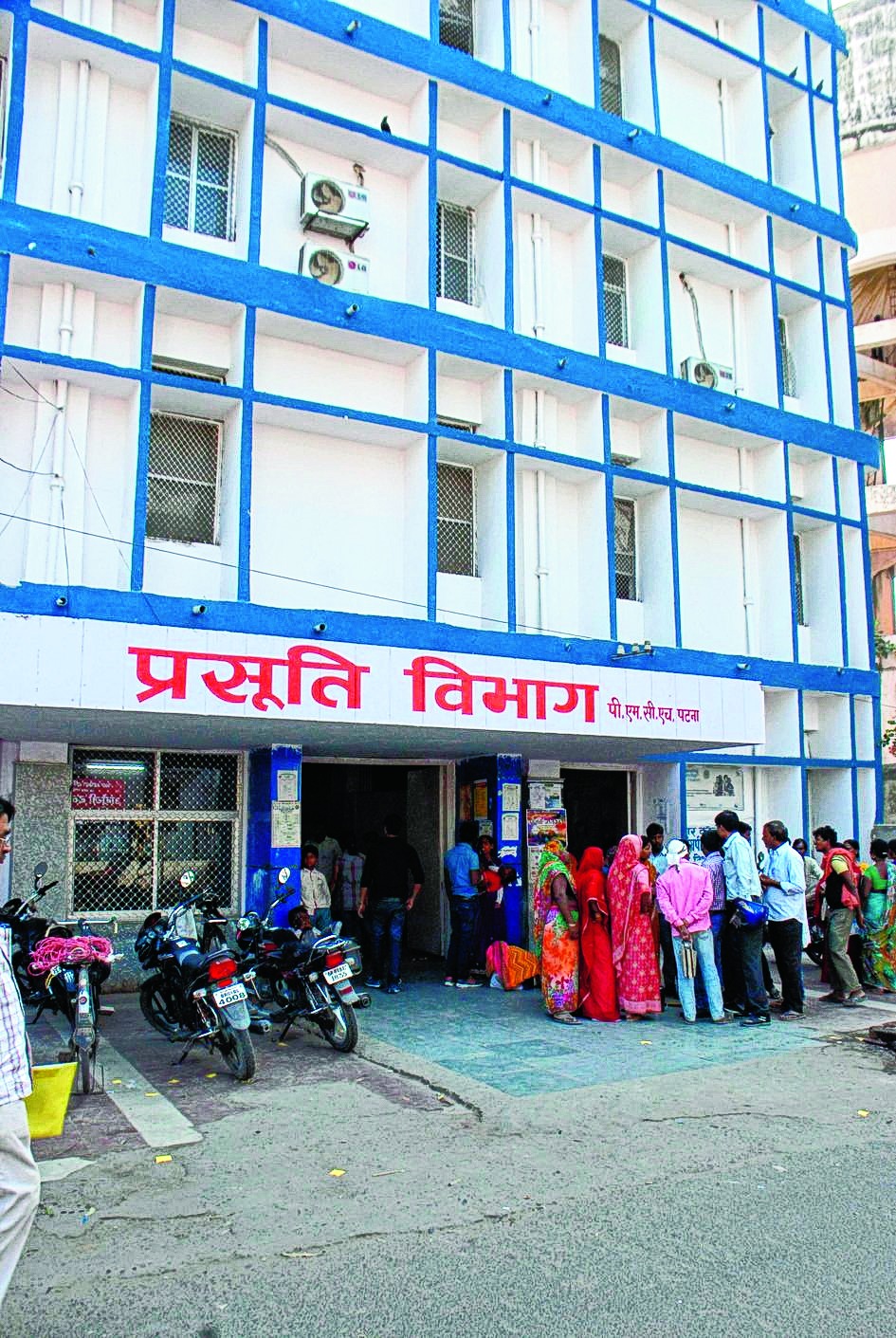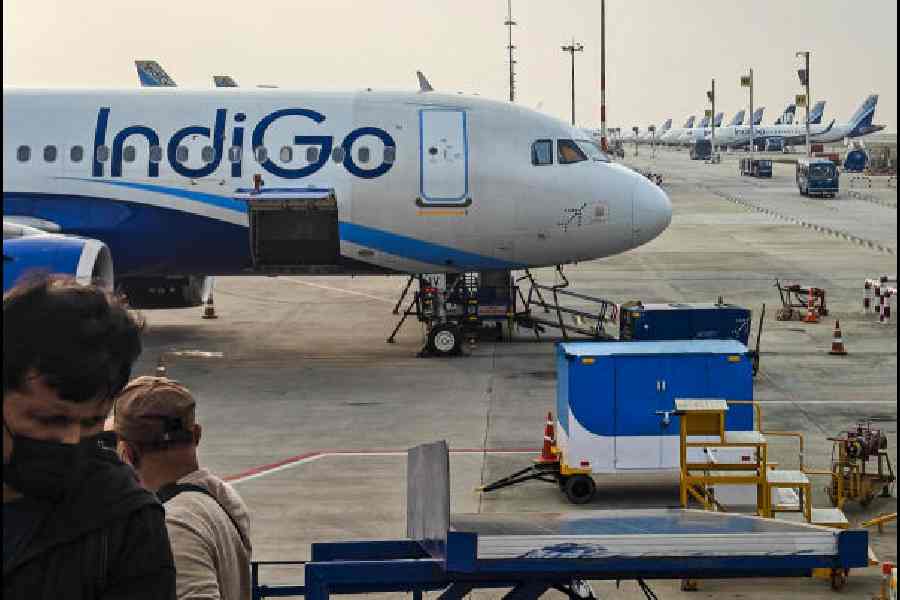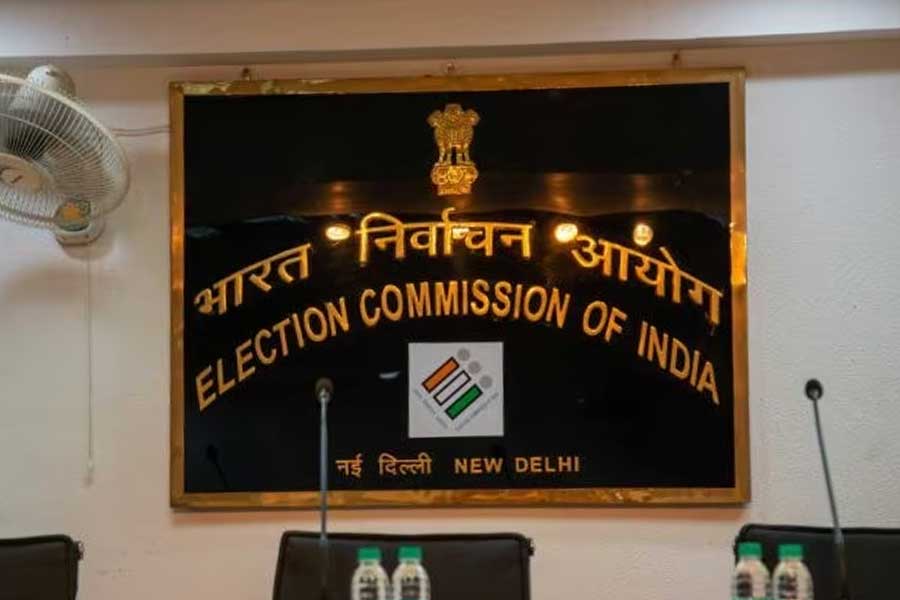
Expecting mother Mandavi Devi was slightly tensed at the thought of labour pain but her fears were allayed well with an epidural injection during her delivery.
Three months ago, Mandavi (25) from Muzaffarpur used to get scared of the pain she would have had to face during a normal delivery but it turned out she had nothing to be worry about. On September 12, she had a pain-free normal delivery at Patna Medical College and Hospital.
A team of anaesthetists, including Arun Sharma, and junior doctors in the anaesthesia department assisted in the procedure.
Patna Medical College and Hospital has become the first government hospital in the city last week to start painless delivery facility. Though some private hospitals in the city claim to provide patients this facility, it is not available on a regular basis.
Sources associated with the health sector in the state also claimed that private hospital do not charge anything less than Rs 20,000.
At PMCH, though, the service is free. Anyone who wants to avail the facility just needs to get herself registered at the pre-anaesthesia check-up clinic.
Head of department, anaesthesia, Vijay Kumar Gupta said the hospital carried out two normal deliveries with the help of epidural injections last week. "The technique involves injection of local anaesthetic drugs, administered through an epidural catheter," he said. "The process is repeated till the baby is delivered. So far two patients have delivered babies with the epidural technique."
An epidural catheter means a spinal catheter. In this method, anaesthetic drugs are induced through the spinal cord of the patient.
"We have decided to start a separate unit dedicated to painless labour facility, which would be known as painless labour clinic," Gupta added. "But for that we need to have a separate infrastructure. Besides, we have to train our nurses."
He said to perform deliveries through this technique trained anaesthetists are needed for which possibly private hospitals do not do so on a regular basis.
"In England and US, 80 per cent expecting mothers opt for painless labour technique and only 20 per cent go for the traditional normal delivery in which they have to endure pain," Gupta said. "When a woman goes into labour, we block her sensation such a way that she can move around with her catheter bag in the closed room (labour room) where the procedure is done. This is called a walking epidural."
Arun Sharma, another doctor in the anaesthesia department of the hospital, who assisted in the first two pain-free labour cases said the technique can be beneficial for patients with heart and blood pressure problems.
Mandavi had reasons to be tensed as her husband, Rajiv Kumar, said she had heart problems.
"In many cases, expecting mothers suffer from certain kind of ailments, including cardiac and high blood pressure problems. Opting for normal delivery can be dangerous for such patients and this might harm the baby too," said Sharma. "Nowadays most women postpone motherhood till their late 30s by when they already develop problems like diabetes and hypertension. In these cases, there are less chances for a normal delivery and doctors opt for a C-section. Pain-free delivery can be very for these particular cases."
Gynaecologist Manju Gita Mishra, however, pointed out a few side effects to painless labour. "Those who opt for pain-free labour once will face problems during a normal delivery," she said. "They would have problems in pushing the baby. Otherwise, there are no serious side effects. Many ladies don't go for this technique at our (private) hospital because they tell us they want to experience labour pain."
After PMCH, Nalanda Medical College and Hospital is also planning to introduce pain-free labour facility, said Renu Rastogi, head of department, gynaecology, Nalanda Medical College and Hospital. "We are going to create the necessary infrastructure soon."










